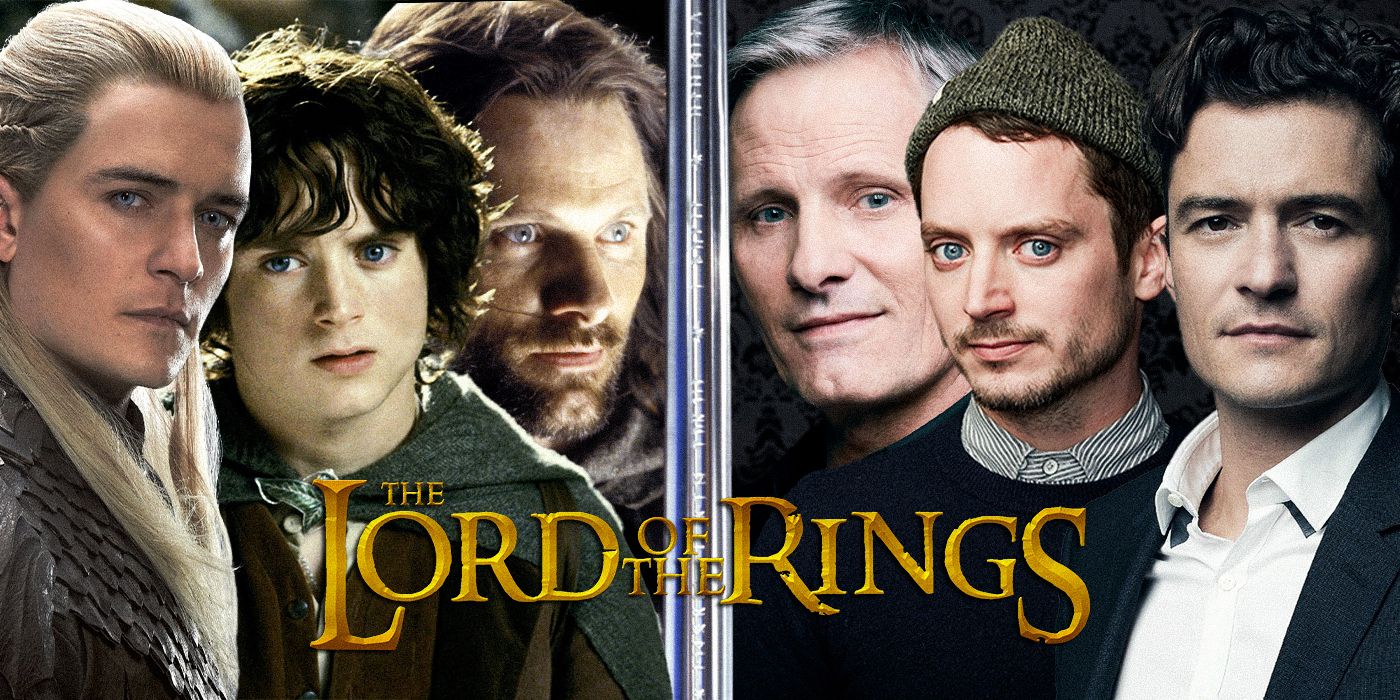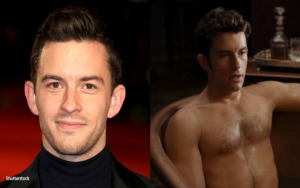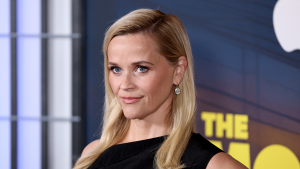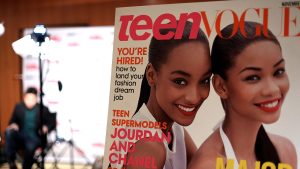
The Lord of the Rings is filled with heartwarming moments, but one of the best didn’t make it into the theatrical cut of The Lord of the Rings: The Fellowship of the Ring. Upon their departure from Lothlórien, Galadriel (Cate Blanchett) gives each member of the Fellowship a special gift to aid in their journey, except for Gimli (John Rhys-Davies). For him, she gives three strands of her hair, making for a moment that, for those who aren’t familiar with J.R.R. Tolkien lore, may seem weird, but that carries a lot of personal significance for both of them and Tolkien’s whole Legendarium.
Gimli Respectfully Asks for a Single Strand of Galadriel’s Hair
The gift ceremony comes straight from the books and is deeply meaningful to all involved, with particular significance to Gimli and Galadriel. The Lady of Lórien offers him a gift of his choice, but he initially declines, saying that seeing her is enough, “for she is more fair than all the jewels beneath the earth.” Flattered, she gently insists, and he asks for a single strand of her golden hair, said to be one of her most beautiful features, to remember her by. Instead of one, she gives the Dwarf three.

Related
‘Lord of the Rings’ Cast: Where Are They Now 20 Years After ‘The Fellowship of the Ring’
From Middle Earth times to present day movies and series, we’ve got them all covered.
Galadriel doesn’t have a gift ready for Gimli because of the historical enmity between Elves and Dwarfs; she didn’t think he would accept any gifts. Indeed, at first he doesn’t. Her reasoning was that it would be best to let him choose, symbolizing her being open to his requests, not only as a member of the Fellowship, but also as a Dwarf. On Gimli’s part, asking for a strand of Galadriel’s hair has nothing romantic to it. Instead, it comes from a place of admiration for her beauty, wisdom, and graciousness, reflecting his personal respect and reverence for her and the respect he was shown during the Fellowship’s stay in Lothlórien.
Given the two races’ long history, it’s unprecedented for a Dwarf like Gimli, a proud warrior, to show such an admiration for an Elf, especially one of Galadriel’s stature. On Galadriel’s side, granting him what he chose highlights her wisdom, compassion, and perception, giving a personal gift to someone from a race seen as an enemy by most of her kin. This exchange then symbolizes the mending of the ancient rift between Elves and Dwarfs. Later, the three strands of hair become a cherished heirloom for Gimli, and are kept as a treasure of his people.
This Isn’t the First Time Someone Asks Galadriel for Her Hair
What makes this scene even more remarkable is that this isn’t even the first time someone has asked Galadriel for strands of her golden hair. Back in the First Age of Middle-earth, when the Elves still resided mostly in the Undying Lands of Valinor, an Elf named Fëanor asked her for a strand of her hair not once, but three times, and was denied all three. This gives a whole new meaning to Galadriel’s gift to Gimli: while Fëanor was the greatest of the Noldor Elves and the most talented of elvensmiths, Gimli, a Dwarf, barely knows Galadriel when he asks her for the gift.
Gimli isn’t aware of the historical significance of his request to Galadriel, of course, but she is. Fëanor was a proud and powerful Elf, whose great deeds matched in historical importance his worst ones, and was also known for his arrogance. He asked her for strands of her hair, hoping to use it in his craft. She refused him each time, sensing his arrogance and his consuming desire to control and possess beauty rather than simply appreciate it. Her refusal to Fëanor was highly significant at that time, as Fëanor would later create the Silmarils, three jewels of unspoken beauty that would lead to the tragic downfall of the Noldor through war, betrayal, and exile.
Gimli’s request, on the other hand, is entirely sincere and humble, reflecting his personal respect and reverence for Galadriel rather than any knowledge of the ancient connection to Fëanor or the symbolic weight of such a gift. His innocence actually makes the moment even more powerful. Whereas Fëanor’s request was rooted in pride and a desire to possess her beauty for his own purposes, Gimli’s comes from a place of genuine awe and gratitude. It is this purity of intention that moved Galadriel to not only grant his request but to gift him three strands of her hair, a gesture far beyond what he could have expected.
Galadriel’s Hair Connects to a Bygone Age of Middle-earth
There is a lot of symbolism in both Fëanor’s and Gimli’s requests to Galadriel for strands of her hair, but it still seems strange that they would make the exact same request millennia apart. This is because Galadriel’s hair is indeed special, not just for her beauty and role in the fight against evil, but also because it has a connection to the Years of the Trees, even before the First Age of Middle-earth. Back then, there was no sun and no moon, and all the light came from the Two Trees of Valinor, Telperion and Laurelin.
Galadriel’s hair is often described as extraordinarily beautiful, shimmering as though it captures the light of the Two Trees. This unique quality makes it more than just physically beautiful — it carries a deep symbolic and almost mystical significance in the history of Middle-earth. Fëanor crafted the Silmarils, and the jewels’ beauty is said to come from how they captured the light of the Two Trees, which gives an idea of just how beautiful Galadriel’s hair is. All this makes her gift to Gimli even more remarkable, because she is aware of every aspect of the gesture’s significance.






